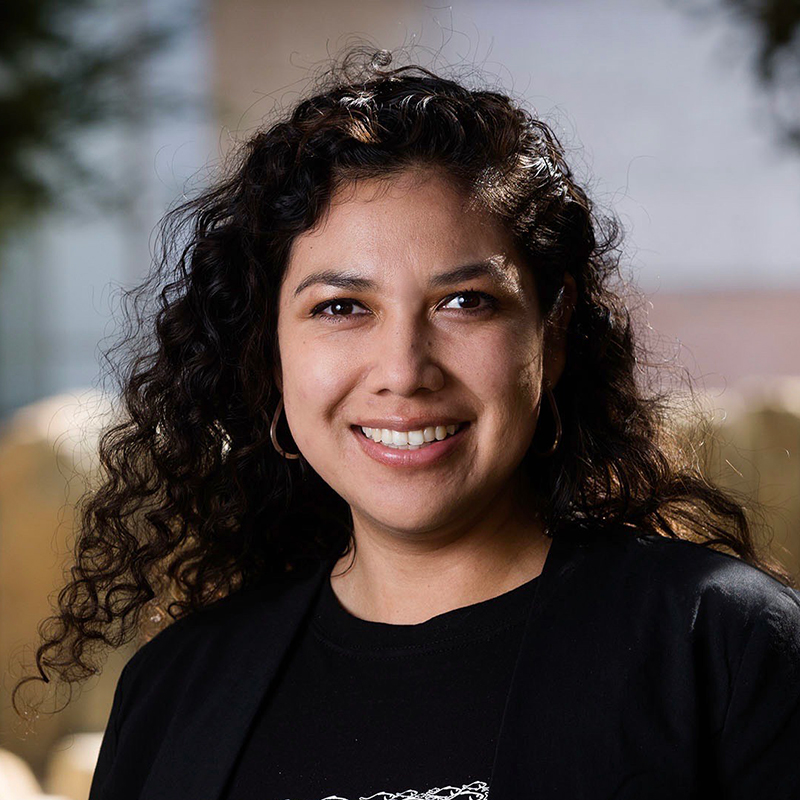About Moving Forward Network
The Moving Forward Network is a national network of over 50 member organizations that centers grassroots, frontline-community knowledge, expertise and engagement from communities across the US that bear the negative impacts of the global freight transportation system. MFN builds partnerships between these community leaders, academia, labor, big green organizations and others to protect communities from the impacts of freight. Its diverse membership facilitates an integrated and geographically dispersed advocacy strategy that incorporates organizing, communications, research, legal and technical assistance, leadership development and movement building. This strategy respects multiple forms of expertise and builds collective power.

Vision
In the pursuit of environmental justice, MFN envisions communities across the globe that are healthy, sustainable, equitable, and just. Communities include all aspects of our environment, including neighborhoods, workplaces, schools, and places of worship.

Mission
To build power with communities to transform the global freight transportation system and advance environmental justice.

Activities
Local power building by facilitating information sharing; coordinating communications strategies; sharing advocacy tools; leading research; hosting peer to peer trainings, and local, regional & national workshops; and convening movement building activities. MFN also supports and coordinates national policy campaigns for MFN and its allies.
MFN Staff
Molly Greenberg
Campaign Manager
Molly (she/her) is the Campaign Manager for the Moving Forward Network. She helps to support the day to day operations and campaigns for the Moving Forward Network, located at UEPI. Molly began working on ports and logistics issues as a social work intern with Change to Win and the Coalition for Healthy Ports. Following that, Molly worked as the EJ Policy Manager with Ironbound Community Corporation in Newark, NJ. She received her MPhil from The New School University and MSW from Monmouth University.
Cecilia Garibay
Project Coordinator
Cecilia (she/her) is a first-generation Latina born and raised in Southern California. Cecilia graduated from the University of Michigan with a Master of Science in Environment and Sustainability – EJ and a Master in Public Policy. She entered the work against freight pollution as a 2021 Yale Environmental Fellow at MFN. Prior to her fellowship, she was a Rackham Graduate Fellow interning in the Vision for a Sustainable Future lab under the direction of Dr. Dorceta Taylor.
Wendy Gutschow
Project Manager
Wendy (she/her) is from South Pasadena, CA. Since receiving her Master is Social Work she has spent much of her career working in academia in program and project administration and management roles. Most recently Wendy was with USC Environmental Centers for 8 years leading environmental health related community engagement work with environmental justice organizations both in Los Angeles and across the country. She has worked with MFN member organizations in Los Angeles and nationwide since 2014.
Martha Matsuoka
Executive Director of the Urban & Environmental Policy Institute
Martha Matsuoka focuses her teaching and research on environmental justice, community-based regionalism, sustainable community development and social movements. Her current research focuses on policy, planning, organizing and advocacy related to ports and goods movement. She is co-author with Manuel Pastor, Jr. and Chris Benner of “This Could Be The Start Of Something Big: Regional Equity Organizing And The Future Of Metropolitan America,” published by Cornell University. She currently serves on the Board of the Jessie Smith Noyes Foundation (currently serving as Chair) and the Human Impact Partners and is a member of the Switzer Foundation’s Fellowship Network. Martha received her Ph.D. in Urban Planning from UCLA, a Masters in City Planning from UC Berkeley and an A.B. from Occidental College.
The National Office of the Moving Forward Network is housed in the Urban & Environmental Policy Institute at Occidental College in Los Angeles. Please direct general inquiries to info@movingforwardnetwork.com.




